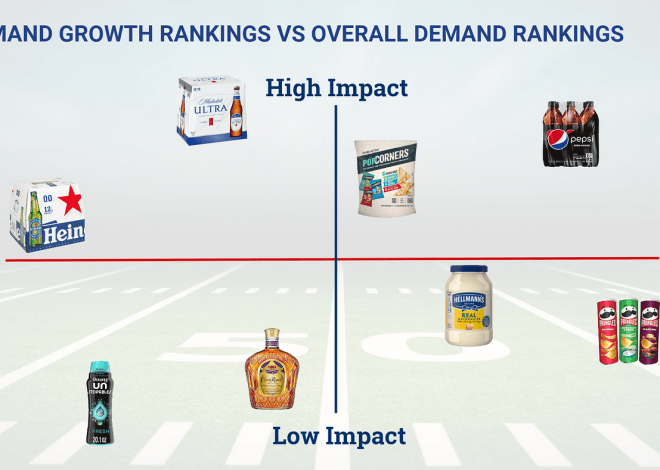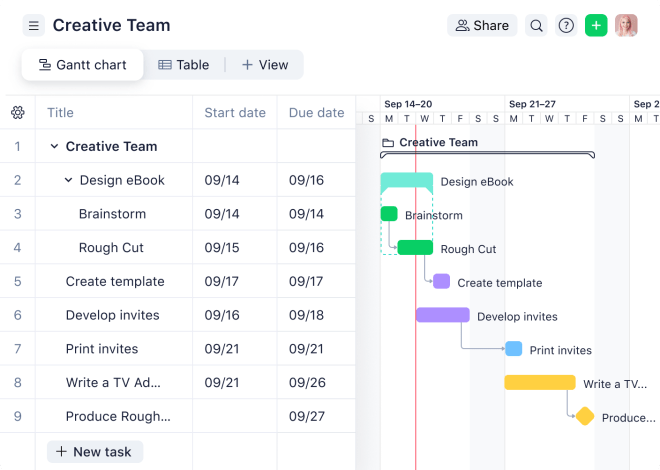Robotics Education for Millennials: Unlocking Your Robotic Potential
The world of robotics is rapidly evolving, presenting exciting opportunities for ambitious individuals. Millennials, known for their tech-savviness and adaptability, are uniquely positioned to thrive in this field. However, navigating the landscape of robotics education can be challenging. This article explores diverse and effective learning pathways, catering specifically to the needs and preferences of millennials, helping them unlock their robotic potential.
Online Learning Platforms: A Flexible Approach
Online learning platforms offer unparalleled flexibility, making them ideal for millennials juggling careers, families, and other commitments. Massive Open Online Courses (MOOCs) from platforms like Coursera, edX, and Udacity provide structured learning experiences, often featuring video lectures, quizzes, and assignments. These courses cover a wide range of robotics topics, from fundamental programming to advanced control systems. Many platforms offer certifications upon completion, bolstering your resume and demonstrating your commitment to the field.
Beyond MOOCs, numerous online tutorials, webinars, and workshops are available, often focusing on specific robotics software or hardware. YouTube channels dedicated to robotics provide visual learning experiences, showcasing practical projects and troubleshooting techniques. These resources allow for self-paced learning, enabling millennials to focus on areas of particular interest and progress at their own speed. The accessibility and affordability of online resources are key advantages, making robotics education attainable for a wider range of individuals.
Choosing the Right Online Course
- Consider your prior knowledge: Begin with introductory courses if you lack a strong background in engineering or programming.
- Check the curriculum: Ensure the course covers the specific robotics areas you want to learn.
- Read reviews: See what other students have said about the course quality and instructor.
- Look for hands-on projects: Practical experience is crucial in robotics; choose courses that incorporate projects.
- Consider the platform’s reputation: Established platforms like Coursera and Udacity generally offer high-quality courses.
Hands-on Workshops and Bootcamps: Immersive Learning
While online learning provides a strong theoretical foundation, hands-on experience is crucial for mastering robotics. Workshops and bootcamps offer intensive, immersive learning opportunities, allowing millennials to work directly with robots and gain practical skills. These programs often involve group projects, fostering collaboration and teamwork, skills highly valued in the robotics industry. Many workshops focus on specific robotics kits or platforms, providing a practical introduction to a particular technology.
Bootcamps typically offer a more comprehensive and intensive learning experience, often lasting several weeks or months. They usually culminate in a capstone project, giving participants the chance to apply their newly acquired skills to a real-world challenge. The intensive nature of bootcamps accelerates the learning process, enabling rapid skill acquisition. This focused approach can be particularly beneficial for millennials seeking a career change or looking to quickly upskill in the field.
Finding the Right Workshop or Bootcamp
Researching workshops and bootcamps requires careful consideration of several factors; Location is often a key element, as hands-on training usually necessitates in-person participation. The cost of the program, including travel and accommodation, should be factored into the decision. The reputation of the institution offering the workshop or bootcamp is crucial, ensuring a quality learning experience. Read reviews from past participants to gauge the effectiveness and value of the program. Look for programs that offer mentorship opportunities, providing continued support and guidance beyond the workshop itself.
University Degrees and Certifications: Formal Education Pathways
For millennials seeking a more formal and comprehensive education in robotics, pursuing a university degree or specialized certification is a worthwhile investment. A bachelor’s or master’s degree in robotics engineering, computer science, or a related field provides a strong theoretical foundation and in-depth knowledge of the field. These programs often involve advanced coursework, research opportunities, and capstone projects, preparing graduates for demanding roles in the industry. A university education provides access to state-of-the-art facilities and expert faculty, fostering a deep understanding of robotics principles and techniques.
Specialized certifications, offered by universities and professional organizations, can complement a degree or provide focused training in a specific area of robotics. These certifications demonstrate expertise in a particular skill set, enhancing career prospects and showcasing commitment to professional development. Certifications often involve rigorous examinations and practical assessments, ensuring a high level of competency. Choosing between a degree and a certification depends on individual career goals and existing educational background. A degree offers a broader and more foundational understanding, while a certification focuses on specific skills.
Networking and Community Engagement: Building Connections
The robotics community is vibrant and collaborative, offering numerous opportunities for networking and professional development. Attending robotics conferences, workshops, and meetups allows millennials to connect with professionals in the field, learn about cutting-edge research, and explore potential career paths. These events provide invaluable networking opportunities, fostering relationships that can lead to mentorship, job opportunities, and collaborations on exciting projects. Engaging with online communities, such as forums and social media groups dedicated to robotics, provides further opportunities to connect with like-minded individuals, share knowledge, and seek advice.
Participating in robotics competitions, such as FIRST Robotics or RoboSub, offers a stimulating and rewarding way to apply learned skills and collaborate with peers. These competitions provide practical experience, problem-solving challenges, and opportunities to showcase talent to potential employers. Building a strong professional network is essential for career advancement in the robotics field, ensuring access to opportunities and support throughout your career journey. Active engagement in the robotics community creates a supportive environment for learning and growth.
Self-Learning and Personal Projects: Hands-on Exploration
Beyond formal education and structured learning, self-learning and personal projects play a crucial role in developing robotics skills. Millennials can leverage online resources, such as tutorials, documentation, and open-source projects, to independently explore robotics concepts and techniques. Building personal robots, experimenting with different hardware and software, and tackling challenging projects fosters creativity, problem-solving abilities, and a deep understanding of robotics principles. These self-directed projects allow for personalized learning, focusing on areas of specific interest and building a portfolio of work to showcase skills to potential employers.
Starting with simple projects and gradually increasing complexity allows for a gradual learning curve. Utilizing readily available robotic kits, such as Arduino-based robots, provides a low-barrier entry point into robotics, allowing for experimentation and exploration without requiring extensive prior knowledge. Documenting progress and sharing projects online builds a portfolio, demonstrating skills and passion to prospective employers and the wider robotics community. Continuous self-learning and project development demonstrate commitment and adaptability, essential qualities in the ever-evolving world of robotics.
- Start with a simple project, like a line-following robot.
- Gradually increase complexity, exploring different sensors and actuators.
- Document your progress and share your projects online.
- Join online communities to seek help and share your knowledge.
- Attend local robotics meetups and workshops to network and learn from others.



